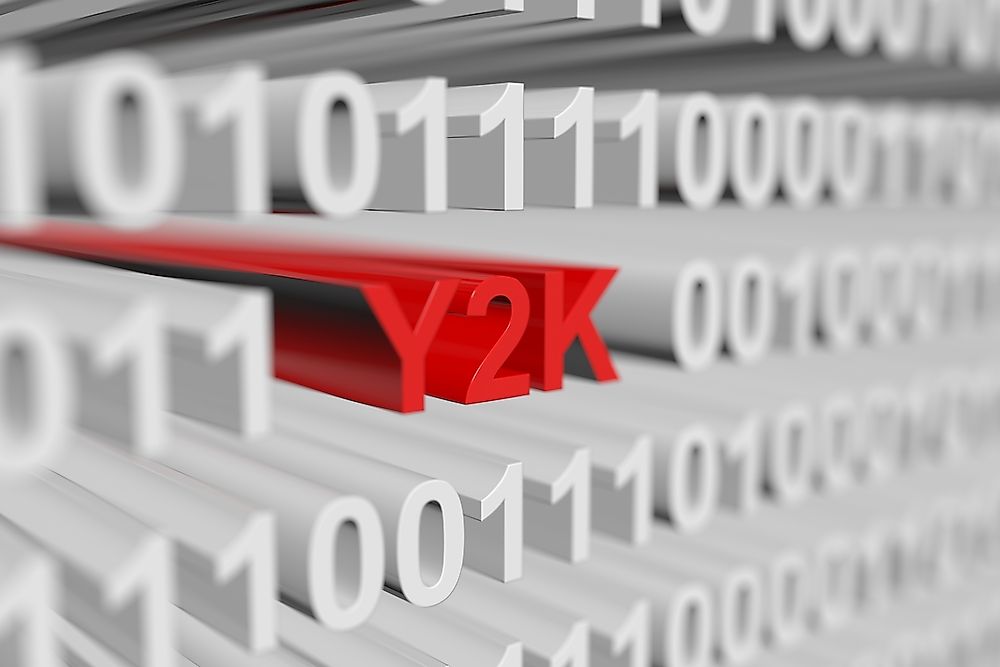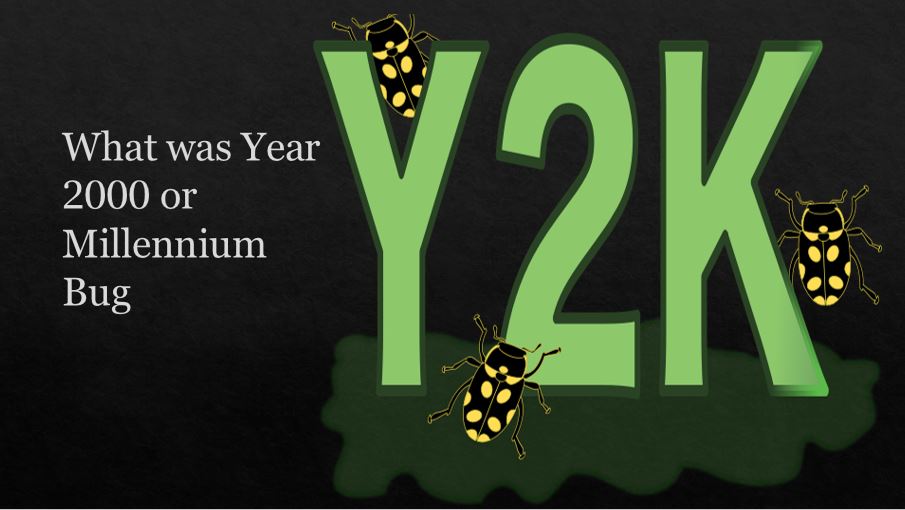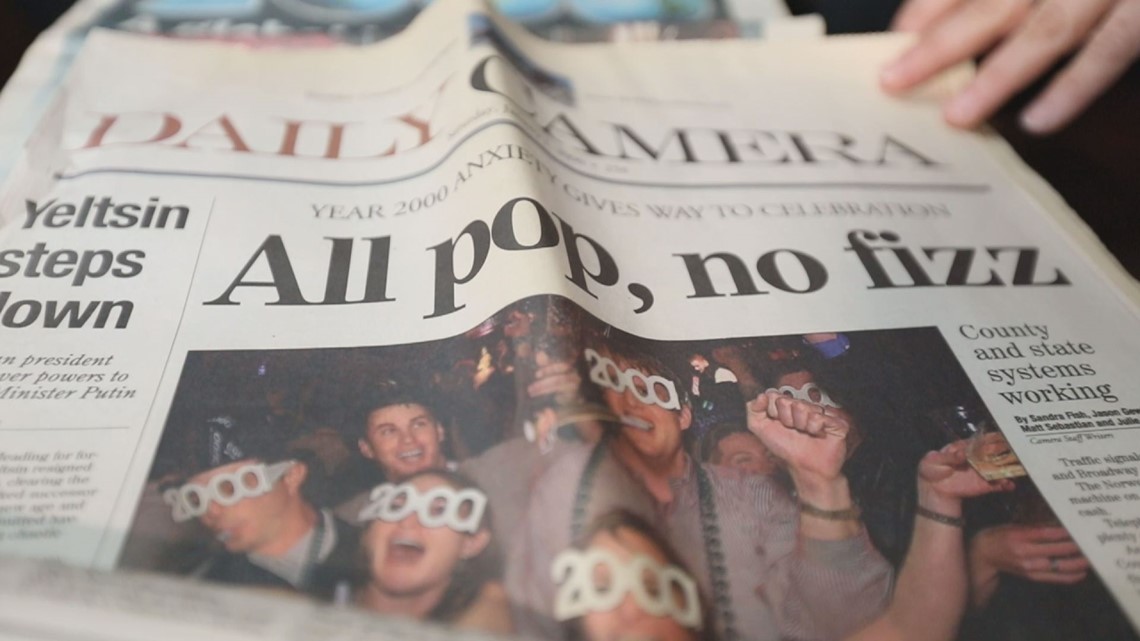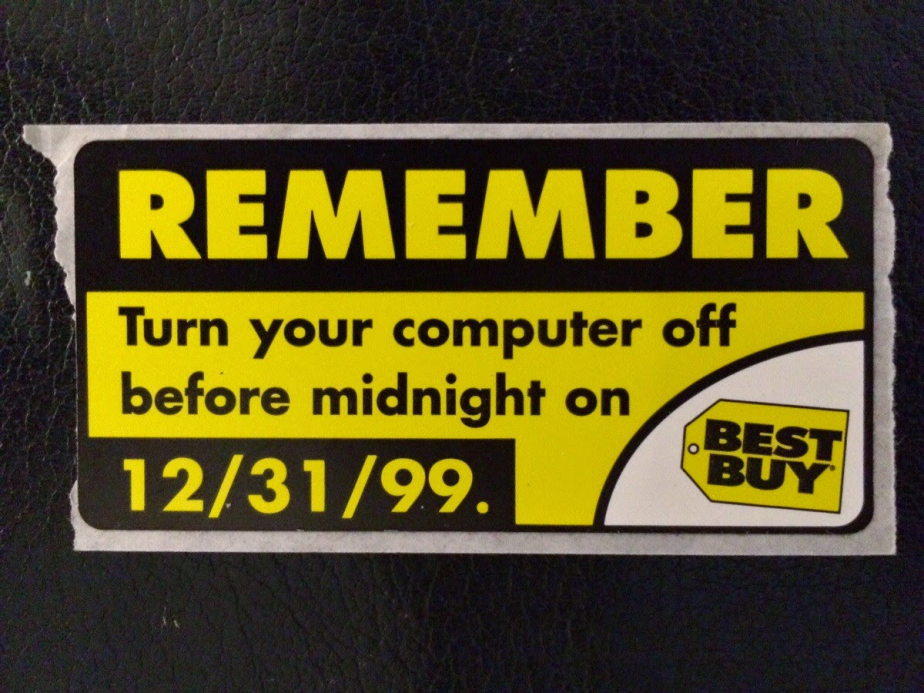Beautiful Work Info About Why Was Y2k Scary Easy To Do At Home Hairstyles For Curly Hair
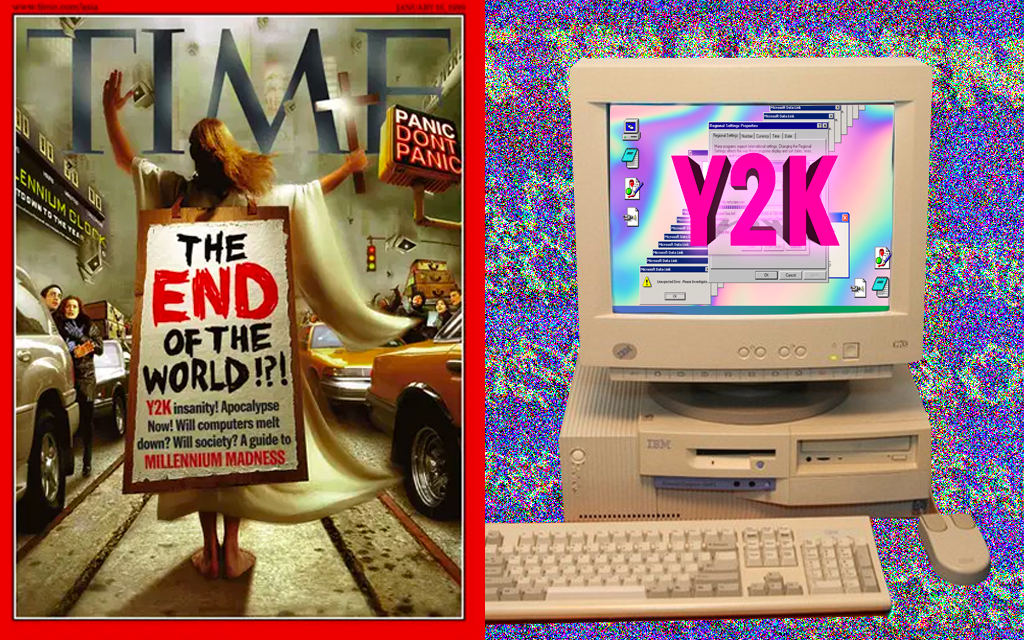
The phenomenon was also referred to as the millennium bug or year 2000 problem by technology experts.
Why was y2k scary. But nearly 20 years before. Rather, it was a problem that was solved before it happened, through concerted hard work. After over a year of international alarm, few major failures occurred in the transition from december 31, 1999, to january 1, 2000.
To put it simply, it was the sobering realization that we had permanently crossed the threshold into a computerized world, and the possibility of even a brief widespread technological issue could signal the end times. A senior red cross official in gaza on saturday told reporters of the horrific scenes after an israeli strike in the gaza strip. The worldwide scare over the ‘y2k bug’ resulted in the expenditure of hundreds of billions of dollars on y2k compliance and conversion policies.
It was around 3:30pm when three explosions rocked the walls of the. It wasn't, but y2k had a lot of prescient things to say about how we interact with tech. Matthew mcconaughey recently told glen powell in an.
In the late 1990s, computers were rapidly transforming how the world worked, but an invisible enemy loomed. The fear was that when clocks struck midnight on january 1, 2000, affected computer systems, unsure of the year, would fail to operate and cause massive power outages, transportation systems to shut down, and banks to close. As the dawn of a new millennium approaches, a computer design flaw puts the nation on high alert that the world is, possibly, about to end.
Why were people scared of y2k? The y2k scare was a phenomenon at the turn of the 21st century where computer users and programmers feared that computers would stop working on december 31, 1999. The year 2000 (y2k) problem scared the world.
Most of this expenditure can be seen, in retrospect, to have been unproductive or, at least, misdirected. City plans to repeal y2k policy; The worldwide scare over the ‘y2k bug’ resulted in the expenditure of hundreds of billions of dollars on y2k compliance and conversion policies.
Twenty years ago, the world feared that a technological doomsday was nigh. Y2k bug, a problem in the coding of computerized systems that was projected to create havoc in computers and computer networks around the world at the beginning of the year 2000 (in metric measurements, k stands for 1,000). Two decades ago an existential threat brought the world together— the y2k bug.
Government, military, and corporate systems were all at risk, yet we made it through, more or less, unscathed. So, was the threat even real? Most of this expenditure can be seen, in retrospect, to have been unproductive or, at least, misdirected.
The people who prepared for y2k with a year to go As the end of the twentieth century and the end of the second millennium approached, governments, corporations, and people around the world worried that their computer systems would stop working. Although some were ready to party like it's 1999, others predicted catastrophe at the end of the year because of a programming assumption from the early days of computers.
That was the apocalyptic reasoning behind the y2k scare: It was the year 2000 bug, or y2k for short, a mysterious and enigmatic glitch threatening to plunge humanity into chaos and potentially the dark ages as the clock struck midnight on january 1,. The year 2000 problem, or simply y2k, refers to potential computer errors related to the formatting and storage of calendar data for dates in and after the year 2000.







